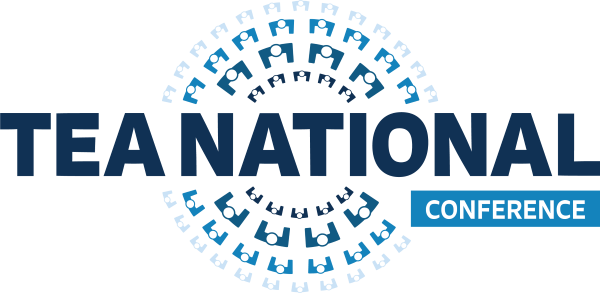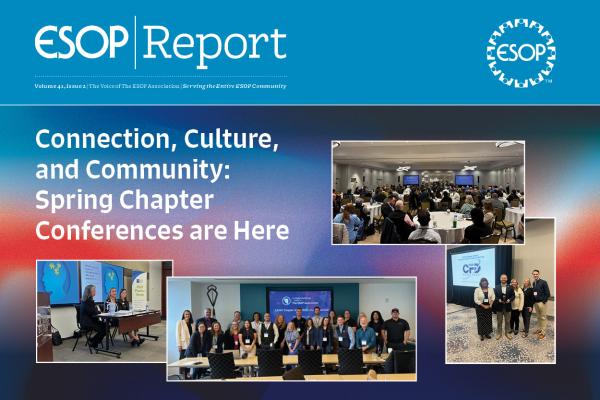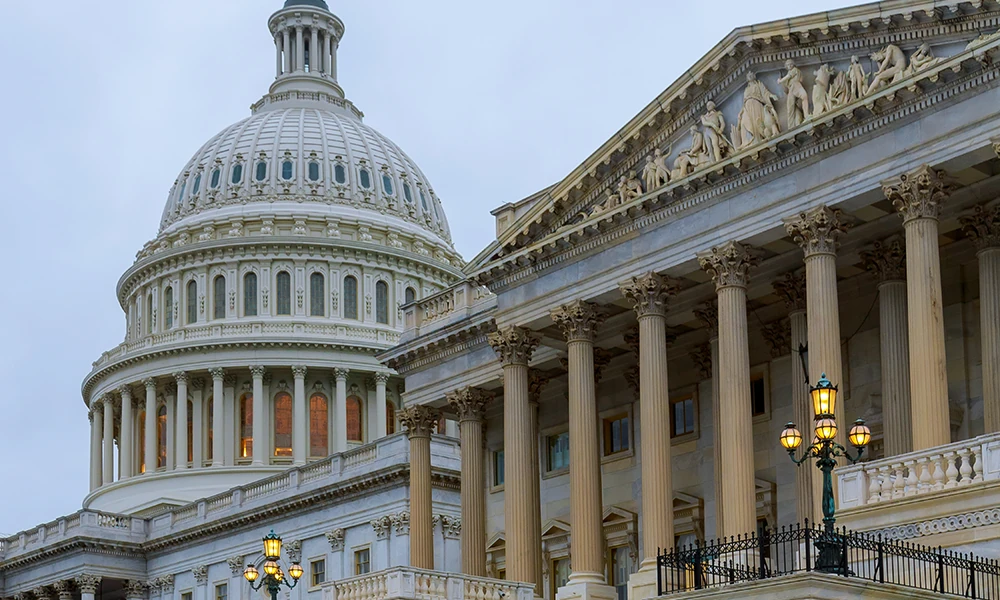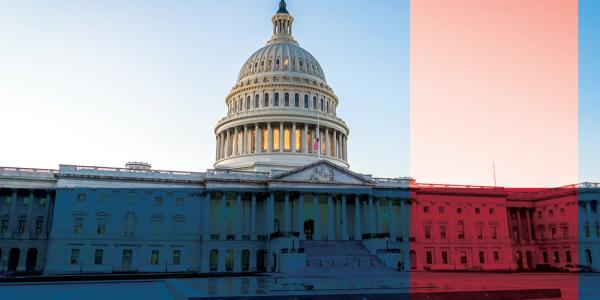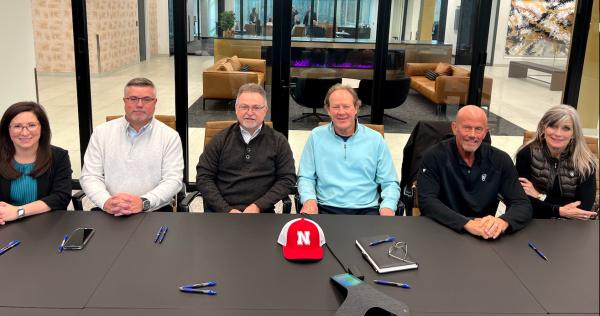During a Congressional Hearing held Feb. 12 by the U.S. House Small Business Committee, ESOP Association member Daniel Goldstein, President and CEO of Cedar Rapids based Folience, gave testimony and answered questions regarding the Challenges and Benefits of Employee-owned Small Businesses. Goldstein, a member of TEA’s Board of Governors and testifying on behalf of The Association, emphasized the need for the U.S. Department of Labor to provide regulatory guidance to improve the climate for ESOPs with the looming retirement of 2.5 million baby boomer business owners.
“The chilling effect resulting from an absence of clear and actionable regulatory guidance from the Department of Labor is immeasurable,” said Goldstein. “Average employees pay the price when business owners turn away from forming ESOPs because DOL hasn’t done its job. Fear of making a misstep because DOL has not given guidance costs average employees wealth and job security.”
“It has been over 45 years since Congress enacted ERISA, and DOL has yet to finish their rulemaking on proper ESOP administration. Our nation faces the potential loss of literally millions of profitable businesses as record numbers of business owners approach retirement—and employee ownership and ESOPs are the perfect way to keep these businesses in operation,” said James Bonham, ESOP Association President and CEO. “Yet, these retiring business owners fear a mis-step that could come back to haunt them years later in the form of a DOL inquiry. That puts a big wart on an otherwise very attractive option.”
This looming wave of retirements—known as the Silver Tsunami—means businesses that have no succession plan or qualified buyer face the possibility of being forced to shutter operations or sell to competitors who most often break the business apart.
Goldstein’s testimony showed that ESOPs can present a qualified, willing, buyer when others might not exist—while providing tremendous benefits to employees and the community. But first, federal agencies must be required to follow Congress’ instructions and make it easier for founders to form and operate ESOP companies.
To that end, Goldstein specifically asked the Small Business Committee and others in Congress to:
- Task the Department of Labor with issuing regulations on adequate consideration and other issues vital to forming and growing ESOPs. The ESOP community has waited 45 years for the agency to issue such regulations.
- Task the Small Business Administration with carrying out the mandates of the Main Street Employee Ownership Act—such as streamlining the ESOP loan process and working to promote employee ownership. One quick fix: The SBA should be required to add ESOP loans to the agency’s Preferred Lending Program. This decentralized program speeds lending decisions and clearly was the intent of the authorizing legislation, the Main Street in Employee Ownership Act.
“Our company has seen businesses that had no succession plan in place and essentially had to sell,” said Goldstein. “When those companies are sold to an ESOP, the employees go from possibly losing their jobs to becoming owners. It is a life-changing shift for many people—one that all employees should be able to enjoy,” said Goldstein.
Committee Chairwoman Nydia Velazquez (D-NY)—who introduced the Main Street Employee Ownership Act two years ago—concluded the hearing by stating: “Despite our work in the 115th Congress to address some of the obstacles to employee ownership, it is clear we still have more work to do and progress to achieve. And I heard you loud and clear on the Department of Labor—we’ll be dealing with that issue.”
Goldstein’s written testimony and video of the hearing can be found online.


